April 20, 2025 | 03:05 GMT +7
April 20, 2025 | 03:05 GMT +7
Hotline: 0913.378.918
April 20, 2025 | 03:05 GMT +7
Hotline: 0913.378.918
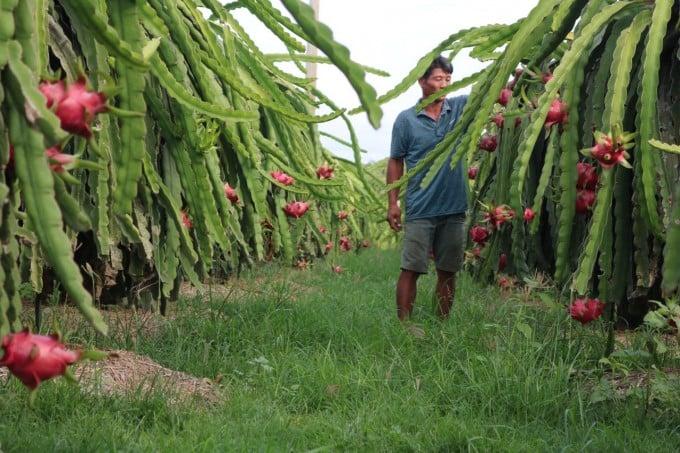
Binh Thuan province has determined that dragon fruit is the main local crop. Photo: KS.
Binh Thuan is the "capital" of dragon fruit in the country with an area of up to 33,750 hectares, of which the harvesting area is 30,886 hectares, the output is 698,029 tons, mainly concentrated in Ham Thuan Nam, Ham Thuan Bac, and Bac Binh districts.
According to Binh Thuan Department of Agriculture and Rural Development (DARD), the province has about 10,500 ha of dragon fruit certified with VietGAP, accounting for 31.1% of the total area, and nearly 355 ha of dragon fruit granted the GlobalGAP Certificate.
Total revenue of white-fleshed dragon fruit in the area on average per year is VND 420-430 million /ha, 4-5 times higher than other fruits (rambutan, banana, pomelo), 7 - 8 times higher than growing rubber (VND 30 million / ton), 20 times higher than growing cashew, 8 times higher than growing rice. After deducting costs, on average, with 1 ha of dragon fruit, farmers make a profit of VND 175 - 180 million (due to the large garden depreciation expense).
Mr. Phan Van Tan, Deputy Director of Binh Thuan DARD, has judged that the development of dragon fruit in the area in recent times in the area has not been sustainable and commensurate with its potential.
In terms of production, although it has established an association group, cooperative group, cooperatives, and cooperative union to produce dragon fruit, it is still lacking in both quantity and quality.
In terms of processing, although the harvest area is very large, there are not many facilities in the province for dragon fruit products’ deep processing. The processing output is estimated at less than 10%.
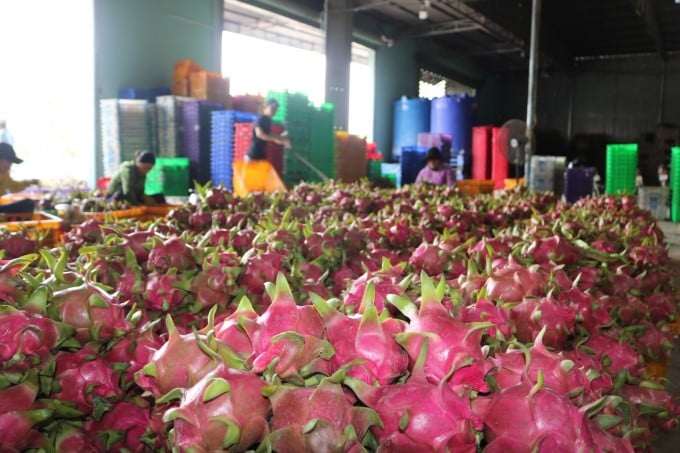
Currently, Binh Thuan dragon fruit has not developed sustainably, having unstable output and price. Photo: LK.
Furthermore, production has not been closely linked with consumption, so the output market has not been stable and sustainable. Some grower gardens have not strongly applied dragon fruit production according to high standards and technology, and have not strictly followed the use of pesticides.
In order to develop dragon fruit sustainably in near future, Binh Thuan's agriculture industry will deploy solutions towards intensive farming, increase productivity and improve quality, meeting the food sanitary and safety requirements to serve domestic use and export.
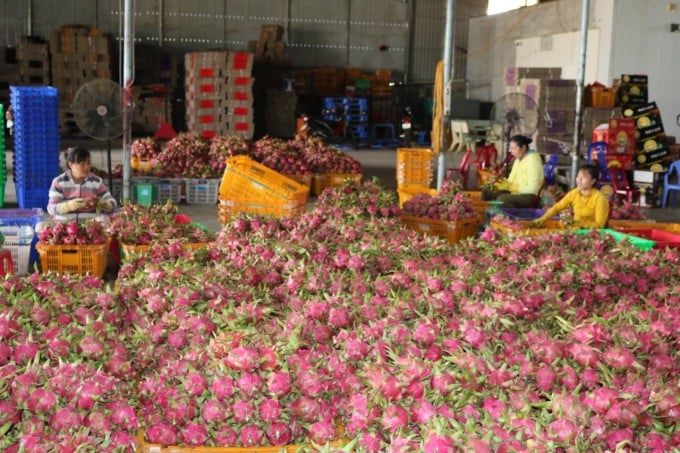
Binh Thuan's agricultural sector will promote solutions to improve the quality of dragon fruit in response to domestic and export markets. Photo: KS.
Accordingly, Binh Thuan DARD will promote advocacy and propaganda activities to people about the meaning and importance of dragon fruit production according to VietGAP standards; synchronously deploying from production stage to packaging, preliminary processing and preservation facilities to actively serve exportation.
Moreover, they will prioritize investment in research and transfer of science and technology in the production and processing of dragon fruit, and at the same time gradually develop dragon fruit production in the direction of GlobalGAP to expand the market; research and develop new dragon fruit varieties to replace degraded ones to diversify products and improve dragon fruit’s productivity, quality and economic efficiency; promote the transfer of technical advances, especially high-tech production models, and replicate effective models to reduce production costs, improve competitiveness to develop dragon fruit sustainably.
According to Mr. Tan, in addition to the mentioned solutions, the province will step up measures to support the promotion of the dragon fruit consumption market in the direction of properly considering the importance of domestic markets, strengthen the expansion of cooperation relations, develop distribution channels with localities throughout the country, especially the Ho Chi Minh City and Hanoi markets, and in the meantime, diversifying and expanding export markets to other countries, in which the Chinese market is still the regular market, mainly increasing official export and facilitating cross-border exports at the same time.
Additionally, the province will encourage the development of the dragon fruit processing industry and support enterprises to invest in factories to process all kinds of products and goods from dragon fruits such as dried dragon fruit, limber-dried dragon fruit; producing dragon fruit juices, dragon fruit wine; making cakes, jams, candies,... in order to reduce the pressure of fresh fruit consumption stage...
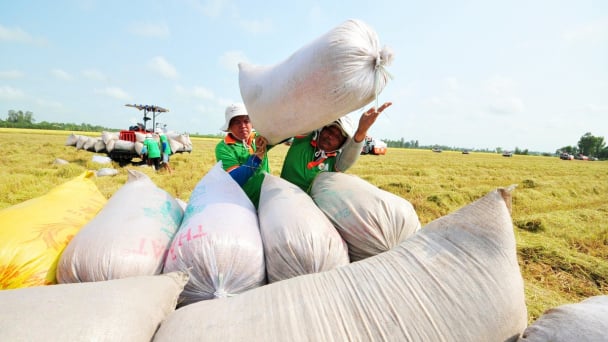
(VAN) The rice industry in the Mekong Delta is undergoing a major transformation, shifting toward sustainable, high-quality, and low-emission exports to meet the green and clean standards increasingly demanded by international markets.
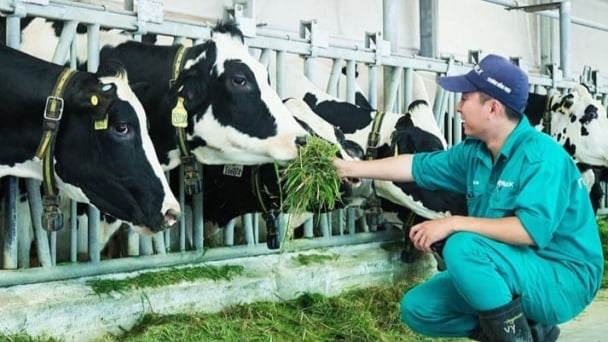
(VAN) According to Tong Xuan Chinh, Deputy Director of the Department of Livestock Production and Animal Health, Vietnam’s dairy cattle industry must overcome seven major challenges to achieve sustainable development.
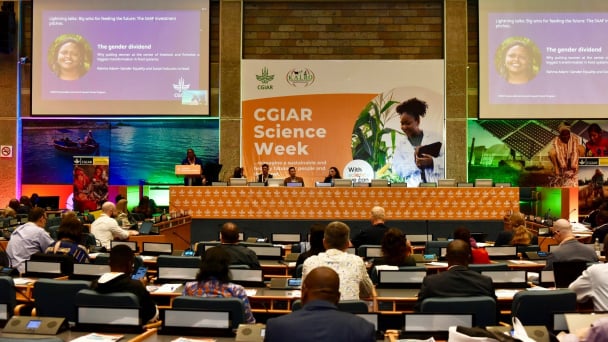
(VAN) The CGIAR’s Sustainable Animal and Aquatic Foods (SAAF) program represents a new approach that emphasizes the transformation of food systems toward sustainability.
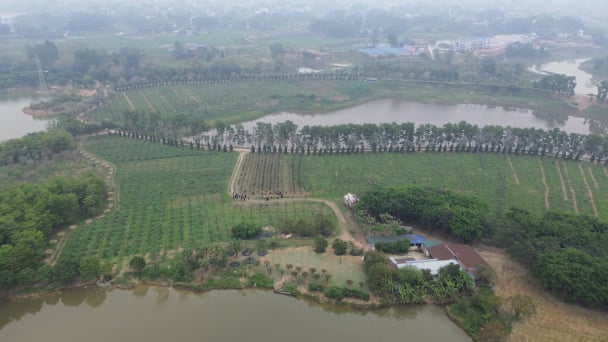
(VAN) Scientists assume that industrial agriculture has been 'outdated.' As a result, a comprehensive overhaul or a revolution in the direction of embracing ecological agriculture is needed.
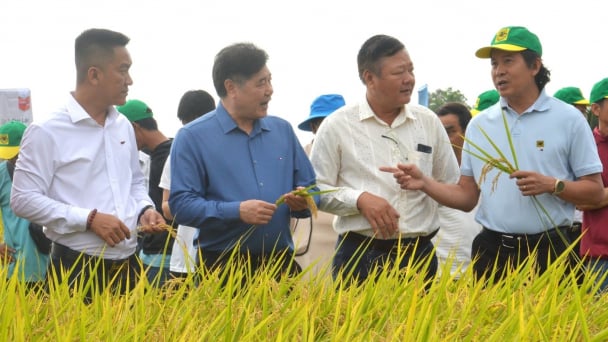
(VAN) The results from pilot fields are catalyzing the expansion of the One million hectares of high-quality, low-emission rice project in Kien Giang.
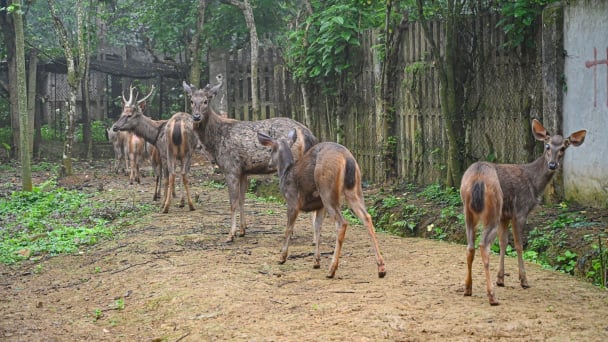
(VAN) On the morning of April 11, Cuc Phuong National Park received 18 individuals of endangered and rare wild animals from Da Nang city.
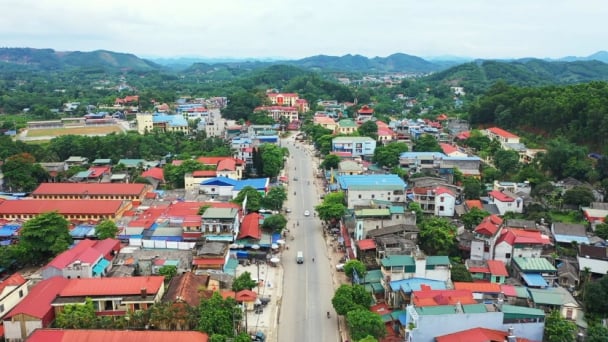
(VAN) FAO supports Vietnam in enhancing survey sampling techniques for the 2025 nationwide agricultural and rural census.